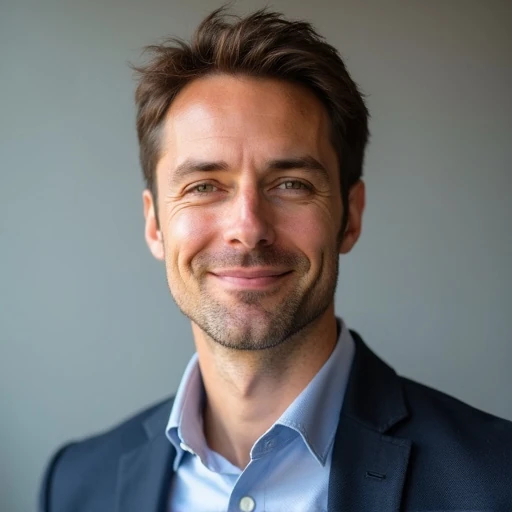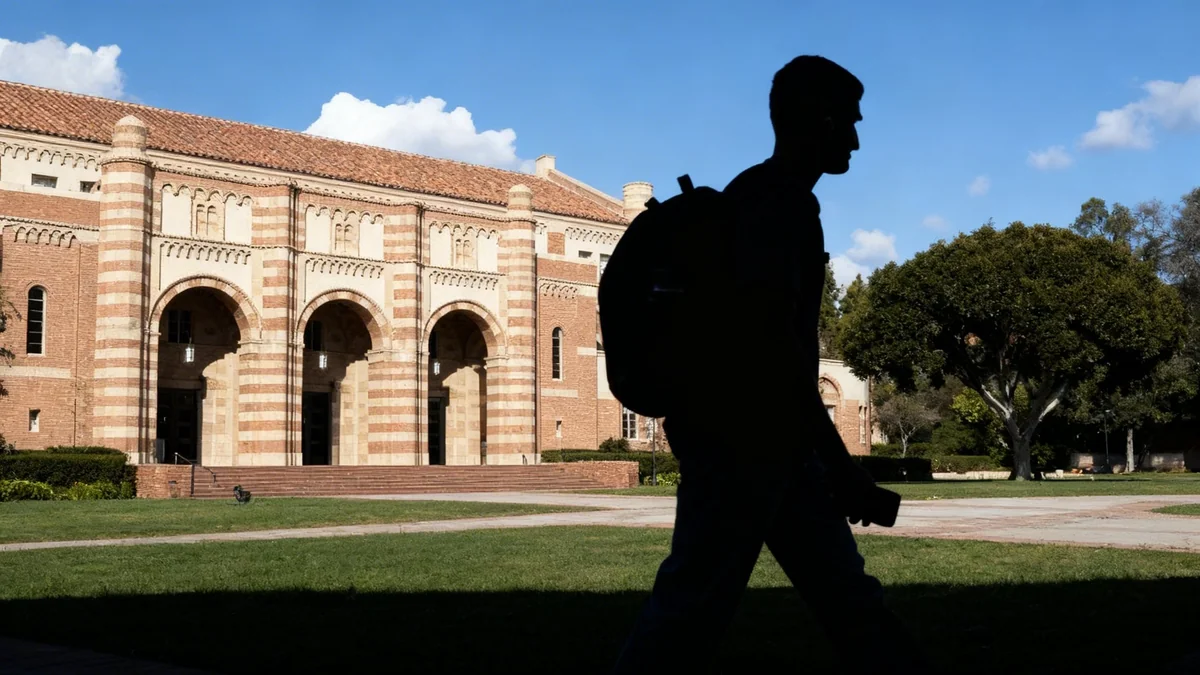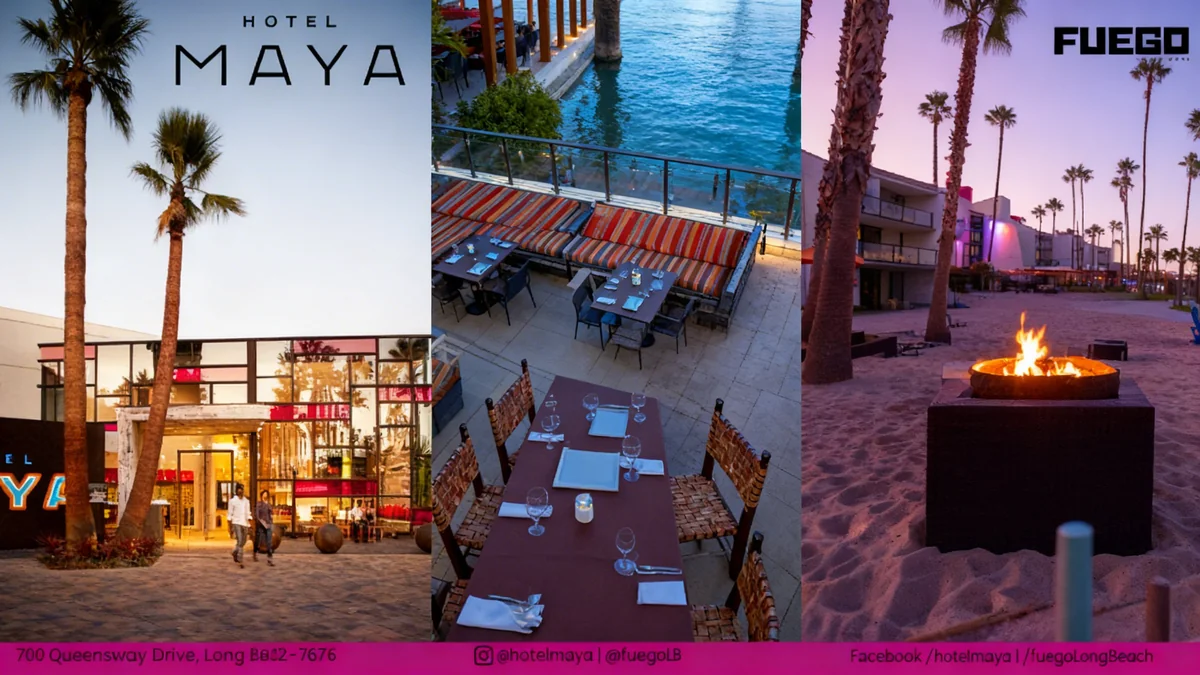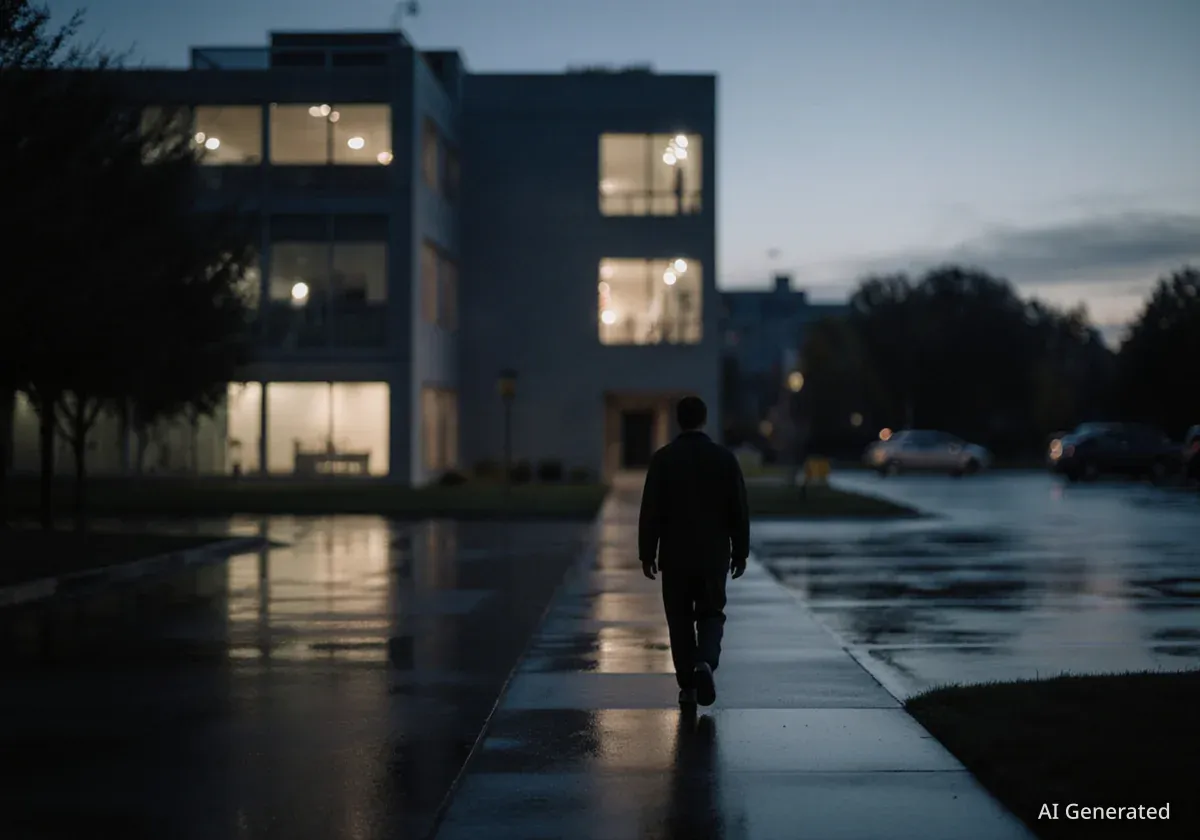Stephen Wiehe, a 1986 graduate of the University of Kentucky's Gatton College of Business and Economics, leveraged an early entrepreneurial venture involving pinball machines into a distinguished career as a technology executive. After leading several software companies to profitable acquisitions, including the notable turnaround of SciQuest, Wiehe has dedicated his retirement to philanthropy, focusing on educational opportunities for first-generation college students.
Key Takeaways
- Stephen Wiehe's entrepreneurial career began at the University of Kentucky, where he ran a successful pinball machine business in campus fraternity houses.
- He later became a specialist in turning around struggling software companies, leading to several high-value acquisitions, including the sale of SciQuest for over $500 million.
- Now retired, Wiehe and his wife, Juliet, have established the Wiehe LEADS Scholarship at UK to support first-generation college students.
- Wiehe is also an active philanthropist, using his private pilot's license to fly for Angel Flights, a medical transport charity.
An Unconventional Start in Business
During the early 1980s, while studying at the University of Kentucky, Stephen Wiehe identified a unique business opportunity. At a time when pinball machines were experiencing a surge in popularity, a friend's suggestion prompted him to place a game in his fraternity house.
"I had a friend who was in the pinball business back when I was going to UK," Wiehe recalled. He noted that his fraternity was consistently looking for ways to cover expenses. The idea of installing a pinball machine seemed like a promising venture.
What started as a single machine quickly grew into a campus-wide operation. "I put one in, and by the time I was done, I had them in most all of the fraternity houses on campus," he said. This early success provided more than just income; it was his first practical lesson in identifying a market need and taking a calculated risk.
A Knack for Mechanics
Wiehe's interest in mechanics extends beyond his early business. Now retired, he maintains a collection of classic pinball machines, including "The Simpsons" and "The Addams Family," and has taught himself how to repair them. This hands-on, problem-solving ability became a defining characteristic of his professional career.
A Career in Corporate Turnarounds
After graduating from UK, Wiehe began his career at General Electric, working in both the aircraft engines and plastics divisions. His path soon led him into the software industry, where he developed a reputation as a leader capable of revitalizing struggling companies.
"I’m typically the adult that they bring in after somebody has an idea," Wiehe explained, clarifying that his role was not to start companies but to professionalize and scale them. His first major international role was as president and CEO of Multinational Computer Models, a London-based company that developed treasury management software for large corporations.
After five years in London, he returned to the United States to manage the company's U.S. operations before it was sold to SunGard Data Systems. He later became president of DataFlux, which was acquired by the SAS Institute in 2000 under his leadership.
The SciQuest Challenge
Wiehe's most significant professional challenge came when he took over as CEO of SciQuest, a software company that was losing $8 million per month. The company, a product of the dot-com era, was on the verge of collapse.
His wife, Juliet Sadd Wiehe, a former vice president at GE, gave him direct advice on the high-stakes opportunity. "I said, ‘If you take it and you fix it, you’re the hero… if it crashes and burns, well, it was already in the toilet anyway,’” she recalled.
Wiehe implemented a complete overhaul of the company, streamlining the workforce and introducing a new business model. The restructuring was successful, transforming SciQuest into an industry leader. In May 2016, the stabilized company was sold to a private equity firm for more than $500 million and later rebranded as Jaggaer. Wiehe retired shortly after the sale.
The Philosophy of Risk
Reflecting on his career, Wiehe attributes his success to a willingness to embrace uncertainty. "As I reflect on my career — why I’ve been successful — it’s because I’ve been willing to take risks," he stated. He believes that nearly every significant job he accepted involved a degree of calculated risk.
A New Focus on Philanthropy
In retirement, Stephen and Juliet Wiehe have directed their focus toward giving back, particularly in the field of education. They reside on a 14-acre horse farm in Raleigh, North Carolina, which serves as a base for their various philanthropic activities.
A licensed pilot with commercial and instrument flight ratings, Wiehe volunteers for Angel Flights, a nonprofit organization that arranges free air transportation for people who need to travel for medical care. He flies his own plane for these missions, helping patients reach distant appointments.
Supporting Future Generations
The couple's commitment to education is evident in their charitable contributions. They established an aquatics scholarship at Duke University, Juliet's alma mater. In 2019, they founded the Wiehe LEADS Scholarship at the University of Kentucky.
"We see the LEADS Scholarship program as a catalyst for breaking the cycle of poverty," Wiehe explained. "You’re getting kids who are first-time students, the first kids in their family to go to college."
The scholarship is designed to ease the financial burden for students who might otherwise be unable to attend college. One of the first recipients, Jacob Miller, graduated in 2023 with a degree in computer science.
"Thanks to the LEADS scholarship, I was able to pay off my loans within a year of graduating, which helped me achieve life goals beyond my career," said Miller. "I’m now happily married and financially secure, and that is, in part, due to the Wiehes’ LEADS Scholarship."
Lessons in Leadership
When speaking to students, Wiehe emphasizes that success is built on more than just intelligence. He credits a management class taught by Professor Jack Blanton at UK as one of the most practical and influential courses of his education.
He advises that strong communication and interpersonal skills are the most critical assets for any leader.
"When I came out of UK, I was under the impression that to be successful, you have to be really smart," Wiehe said. "I would tell you today, I think to be successful, intelligence is important — it’s just not number one. Number one, especially as a leader, is having people skills, being able to get people to buy into what you’re trying to do."
He uses an analogy to describe his leadership style: "Everybody has an electrical socket and my job is to find a way to plug into them, to connect to them, and once I can connect to them, I’m able to communicate why this is important to them."





